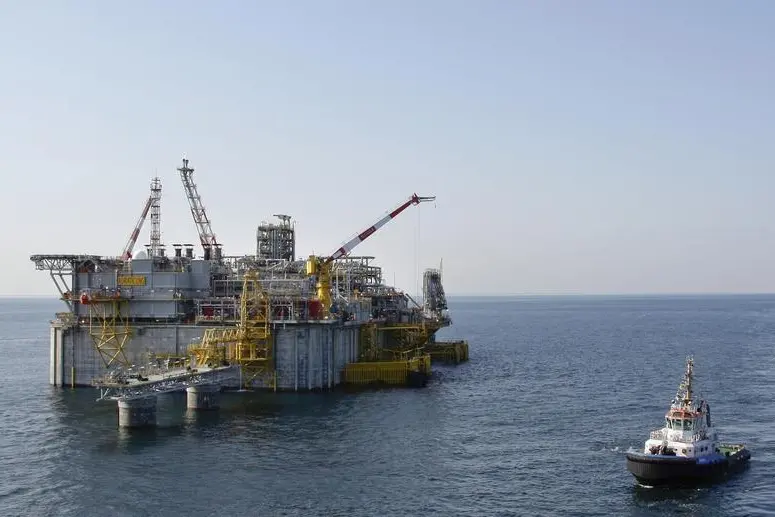PHOTO
BEIRUT: Lebanon is considering importing liquefied natural gas from Egypt, Energy Minister Nada Boustani said Tuesday, in the latest indication that Egyptian LNG will be a key component of the countrys new plan to fix the electricity sector. Boustani posted a picture on social media with Egyptian Ambassador to Lebanon Nazih Najjari after the two met to discuss the possibility of a deal.
A political source that has seen a copy of a draft of the governments comprehensive power plan also told The Daily Star that importing LNG from Egypt via the Arab Gas Pipeline was a key element to it.
Two new power plants are set to be built in Lebanon one in south Lebanons Zahrani where a plant already exists and another in either Zouk Mikael or Batrouns Salaata. However, the plant in Tripolis Deir Ammar is already prepared to use LNG, the source explained.
As to whether importing Egyptian gas would require talks with Syria, since the pipeline passes through the country, the source said, Thats for the Egyptians to discuss and sort out with Damascus.
An earlier sign that Lebanon was courting Egypts LNG came after a meeting between Prime Minister Saad Hariri and Egyptian Foreign Minister Sameh Shoukry last month. Shoukry told reporters afterward that the pair agreed on boosting bilateral cooperation.
The current cooperation between the two countries represents key support for the economies of the two countries and there are possibilities to develop this cooperation in vital sectors, such as energy and other fields, Shoukry said at the time.
Last year, the Lebanese government committed to taking steps toward switching to natural gas through floating storage and regasification units.
And at the CEDRE conference last spring, 17 investments projects for the power sector worth almost $6 million were included in an ambitious Capital Investment Plan presented to international donors.
The power plants in Deir Ammar and Zahrani, built in 1996 by then- Prime Minister Rafik Hariris government, are meant to run on LNG, which is at least 30 percent cheaper than the gasoil they have been using.
As a result, the Lebanese government has been heavily subsidizing the electricity produced.
Lebanese consumers pay an average of 9 cents per kilowatt, while the actual cost per kilowatt ranges from 16 cents to 18 cents, depending on oil price fluctuations.
Various political and technical obstacles have prevented authorities from building LNG terminals in Lebanon or making agreements with neighboring countries to build a gas pipeline crossing through Syria.
Copyright 2019, The Daily Star. All rights reserved. Provided by SyndiGate Media Inc. (Syndigate.info).





















